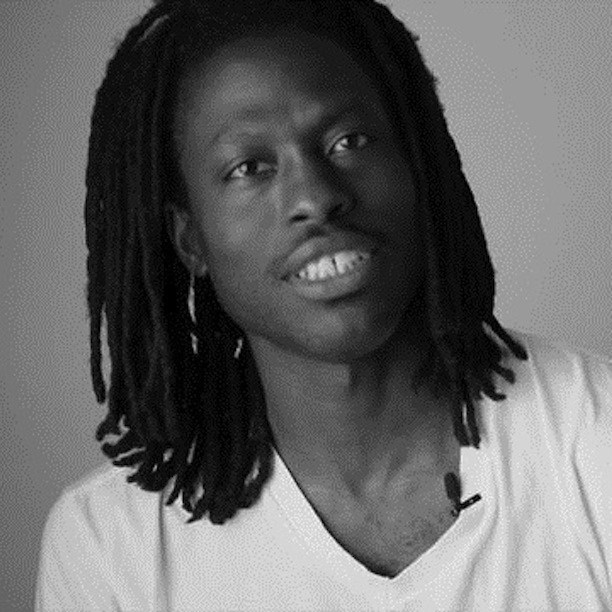After Frank O'Hara
Until then, let us have our gods and short prayers. Our obligations.
Our thighbone connected to our knee bone.
Our dissections and our swans. Our legs gashed
upon a barbwire fence and our heels tucked behind a lover’s knees.
Let us have a stalk of sugarcane to suck
and another to tear our backs with what it knows of disaster
and a tadpole’s folly. Let us have mistakes
and fish willing to come to a bell rung across a body of water.
Let us have our drawbridges and our moats. Our heavens
no higher than a pile of dried leaves. Let us have irrelevance
and a scalpel. A dislocated ankle and three more miles to run.
A plastic bottle to hold nothing but last names and a chill.
If none of this will be remembered, then let us keep speaking
with tongues light as screen doors clapping shut
on a child’s fingers. For this is love. To press
one frame against another
and when something like a finger is found between this pressing,
to press nevertheless. For this is our obligation.
Let us forget our obligations. For this is love.
Let us forget our love. Our eyelids’ need for beginnings
and ends and blood. Our coils of hunger
that turn another into dried honey on our hands.
And what if this goes on forever—our ours?
Our drafts and fragments? Our blizzards and our cancers?
Then let us. Then, let us hold each other toward heaven
and forget that we were once made of flesh,
that this is the fall our gods refuse to clean with fire or water.
Published:
2013
Length:
Regular
Literary Movements:
Contemporary
Anthology Years:
2021
Themes:
Joy & Praise
Love & Relationships
Literary Devices:
After Poems
A poem where the form, theme, subject, style, or line(s) is inspired by the work another poet.
Anaphora
a figure of speech in which words repeat at the beginning of successive clauses, phrases, or sentences
Imagery
visually descriptive or figurative language, especially in a literary work

